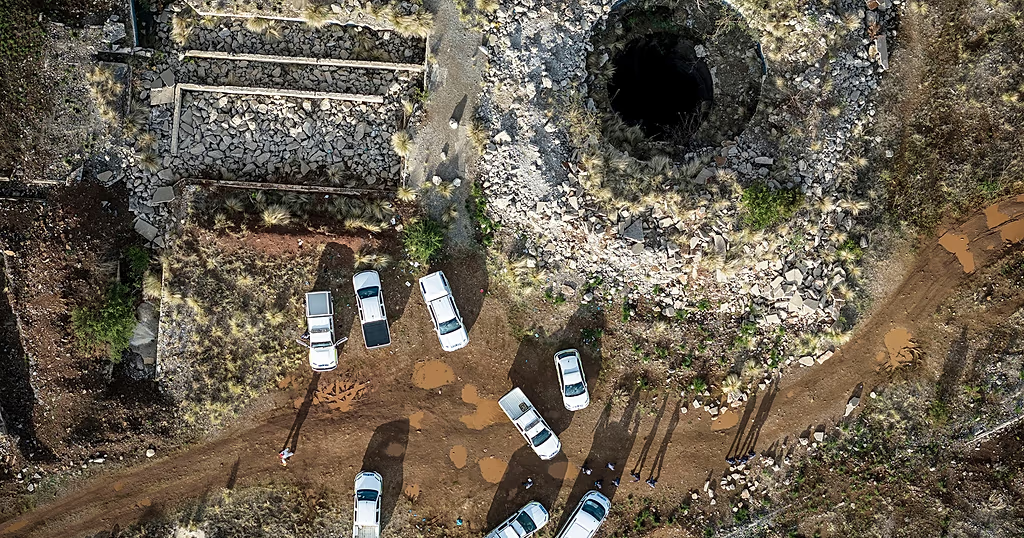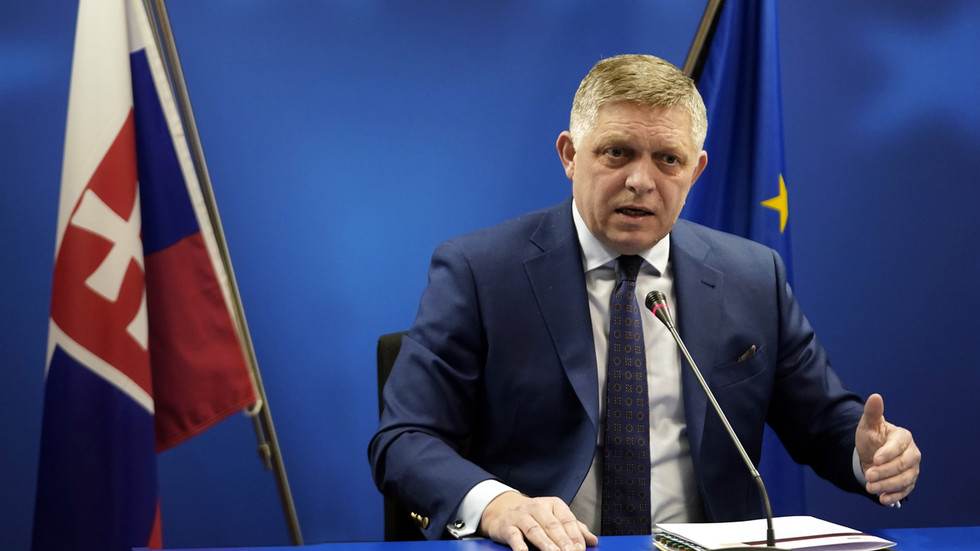The Windhoek High Court has recently heard the arguments in a constitutional challenge regarding the validity of sodomy and unnatural offences laws in Namibia. The judges presiding over the case, Nate Ndauendapo, Shafimana Ueitele, and Claudia Claasen, have reserved their judgment and postponed the matter to 17 May 2024, coinciding with the International Day against Homophobia, Biphobia, and Transphobia.
The plaintiff in this case, LGBTQI advocate Friedel Laurentius Dausab, is taking legal action against Justice Minister Yvonne Dausab and law enforcement agencies in an effort to decriminalize sodomy in Namibia. Dausab argues that these laws criminalize a fundamental aspect of personal identity and hinder intimate relationships that are essential for a fulfilling life. Furthermore, Dausab asserts that these laws unfairly discriminate on the basis of sex and sexual orientation, which contradicts the findings in the Digashu judgment.
In the Digashu judgment, the Supreme Court recognized that discrimination based on sexual orientation violates Namibia’s Constitution, which is the supreme law of the land. Senior counsel Gilbert Marcus, representing Dausab, argues that these laws infringe on several constitutional rights, including dignity, privacy, freedom of expression, and freedom of association. Marcus and his legal team also contend that the offence of unnatural sexual offences is unconstitutionally vague.
On the other hand, Attorney General Festus Mbandeka is defending the criminalization of these offences, citing the majority of Namibians’ opposition to such practices. Marcus asserts that the state machinery vigorously defends these laws and reinforces homophobic stereotypes by equating consensual and loving sexual activity with incest, bestiality, and hardcore drug use.
Senior Counsel Griffiths Madonsela, appearing on behalf of the government entities opposing the application, argues that this is not a matter for the courts to decide. He maintains that it is a question of national importance that should be determined by the people and their democratically elected representatives. While acknowledging the majority ruling in the Digashu judgment, Madonsela highlights the viewpoint of dissenting judge Theo Frank, who believes that the legalization of homosexuality should be left to the lawmakers.
Madonsela suggests that Friedel is attempting to bypass the democratic process by seeking the court’s intervention to advance his argument. According to Madonsela, Friedel presents his moral perspective as a legal one, using emotive rhetorical devices to claim that the laws criminalizing consensual sex between males are unconstitutional. Madonsela argues that Friedel’s attack on various articles of the Constitution lacks substantiation and that none of the claimed infringed rights pertain to sexual orientation.
Despite these arguments, Madonsela implores the court to reject the application and dismiss it with costs, as he believes that granting it would effectively constitutionalize homosexual sodomy through the back door, contrary to the intentions of the drafters of the Namibian Constitution.
By reserving judgment, the court has set May 17, 2024, as the date when the fate of these laws will be decided. This significant day also serves as a reminder of the ongoing struggle against homophobia, biphobia, and transphobia in Namibia and around the world.



